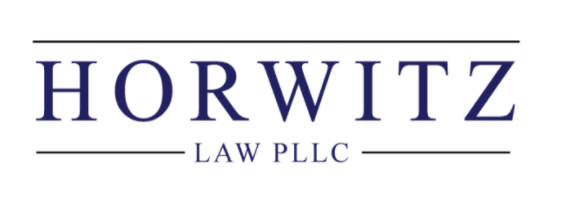In a precedent-setting, unanimous ruling, the Tennessee Court of Appeals has affirmed the first trial court judgment ever issued under the Tennessee Public Participation Act, Tennessee’s recently enacted anti-SLAPP statute. The ruling establishes several critical precedents for free speech law in Tennessee, and it represents a total victory for Wilson County woman Kelly Beavers, who has spent nearly two years defending her constitutional right to post a negative review on Yelp!.
“This precedent-setting victory for Ms. Beavers and her family sends a clear warning to anyone who would abuse the judicial process in an attempt to censor honest, critical consumer reviews and other constitutionally protected speech,” said Horwitz Law, PLLC attorney Daniel Horwitz, a First Amendment, anti-SLAPP, and speech defense lawyer who represented Ms. Beavers along with Sarah Martin. “The First Amendment protects every person’s right to speak freely, and this ruling makes clear that the consequences for plaintiffs who file baseless defamation suits in Tennessee will be severe.”
The case at issue arose out of a lawsuit filed by Dr. Kaveer Nandigam and his corporation, Nandigam Neurology, PLC, against Kelly Beavers regarding a negative Yelp! review. After Ms. Beavers took her father to see Dr. Nandigam and had a terrible experience there, she exercised her First Amendment right to post a negative review on Yelp!, a popular consumer review website. Dr. Nandigam threatened to sue her if she did not remove the review, and ultimately, he did sue her for defamation and false light invasion of privacy regarding it when she refused to do so.
After Dr. Nandigam dismissed and then refiled his lawsuit against her, Ms. Beavers filed a Petition to Dismiss the Plaintiffs’ claims under the Tennessee Public Participation Act. Ms. Beavers’ petition was granted, and the Tennessee Court of Appeals has now affirmed that dismissal in its entirety while ordering the Plaintiffs to pay Ms. Beavers’ legal fees and potential sanctions. “As [Ms. Beavers] aptly notes in her principal brief, ‘the TPPA . . . was designed to prevent and deter such abuse, not to enable it,'” the Court of Appeals ruled. Ms. Beavers’ claims for attorney’s fees and sanctions against Dr. Nandigam remain pending and will be adjudicated upon remand. The Court of Appeals’ opinion additionally orders that: “We remand this matter to the general sessions court for a determination of the proper amount of reasonable fees incurred by Defendant during this appeal” as well.
Read the Tennessee Court of Appeals’ unanimous ruling in Nandigam Neurology, et al. v. Kelly Beavers here: https://www.tncourts.gov/sites/default/files/nandigamneurologyv.beavers.opn_.pdf
